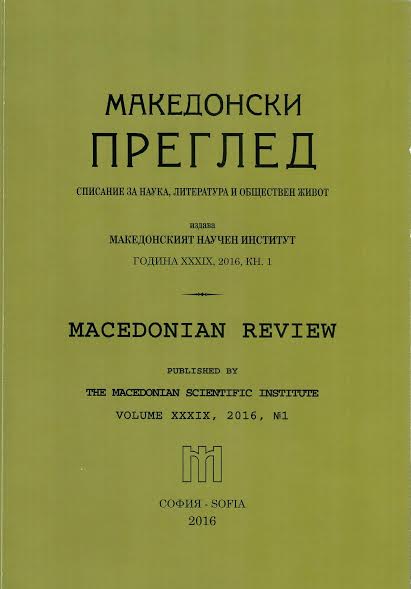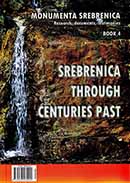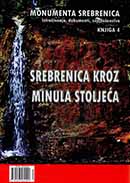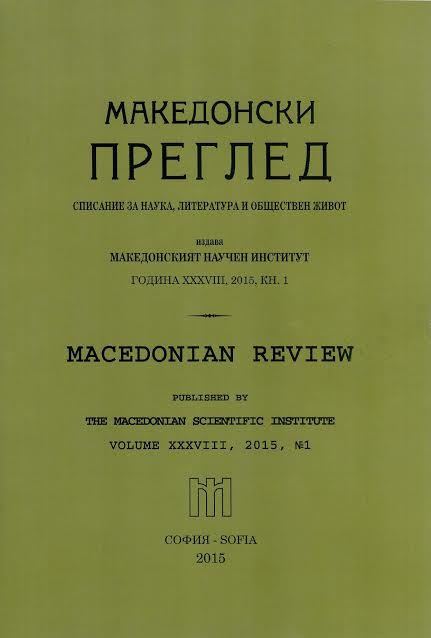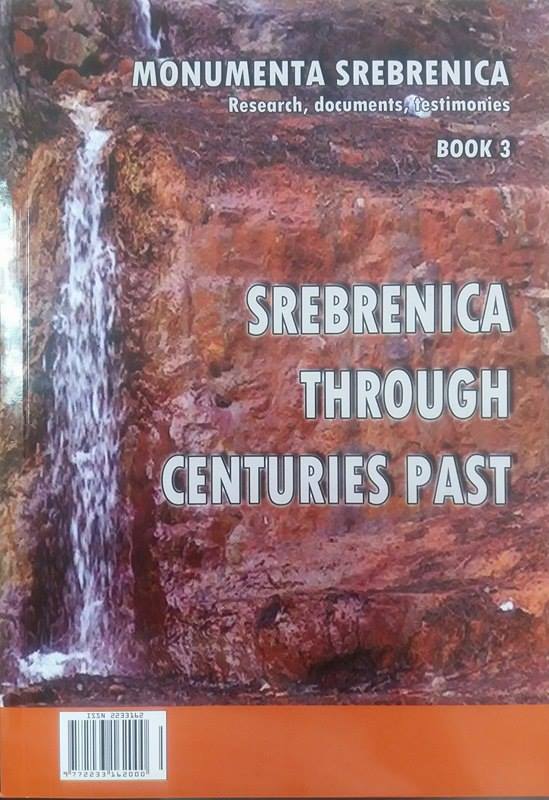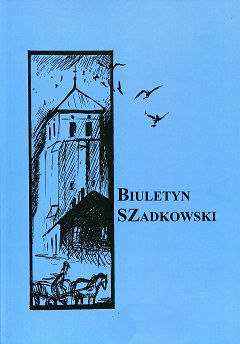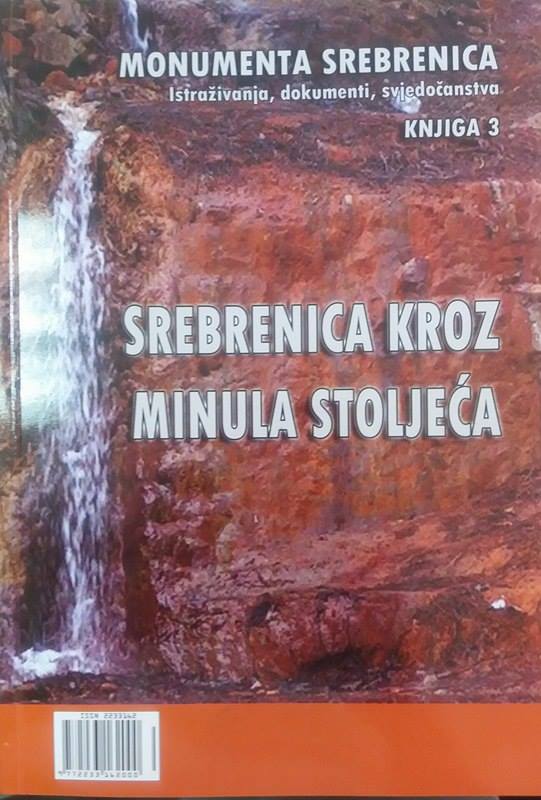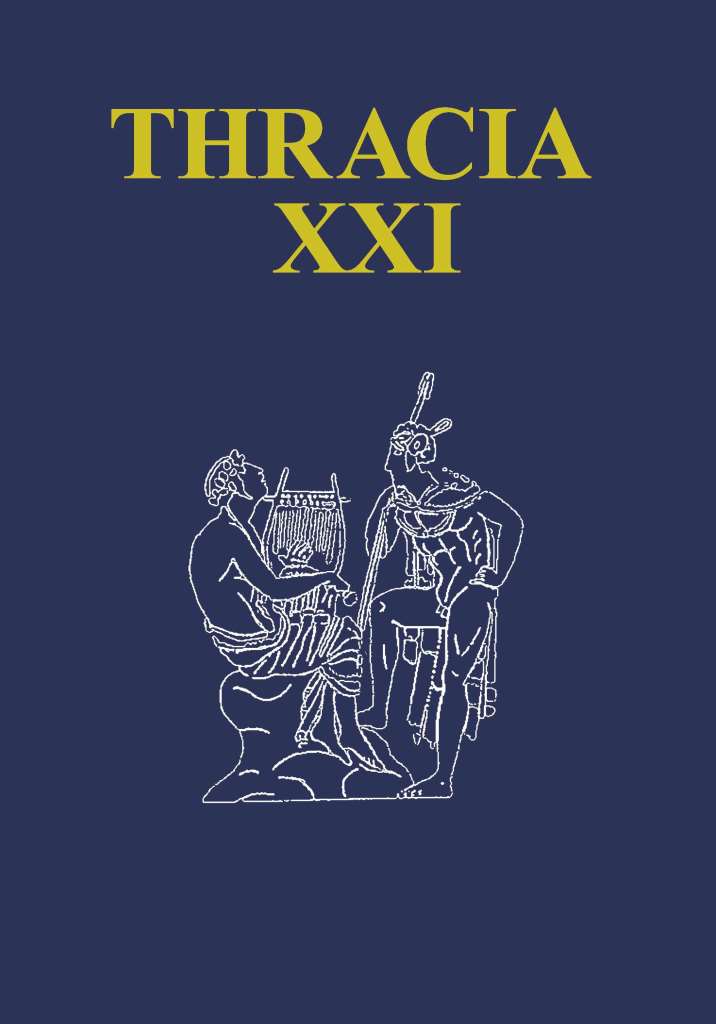
ON A FEW CHARACTERISTICS OF THE MATERIAL CULTURE OF THE IRON AGE IN THE NORTHEASTERN REGION OF THE REPUBLIC OF MACEDONIA
Most of the Late Bronze Age settlements in the northeastern region of the Republic of Macedonia were devastated or destroyed at the end of the Bronze Age (especially the ones near the main communications) by incursions from Central Europe. The newly-formed or rebuilt settlements contain elements suggesting presence of northern cultures. However, the dominant element was still the autochthonous population. The stamped pottery decorated with different motifs was the main characteristic of their material culture in the Early Iron Age. The evolution of that pottery continued in the Iron Age as well, and it clearly outlined the territory of its occurrence. It is a group of pottery that has most similarities in the ornaments with the region between Osogovo and the Upper Struma area, and it can be easily distinguished from the Lower Vardar pottery. On some other aspects of material and non-material culture it can be concluded that a culture group existed during the Iron Age in the northeastern region of the Republic of Macedonia, which was very different from the Paionian culture in the south.
More...
